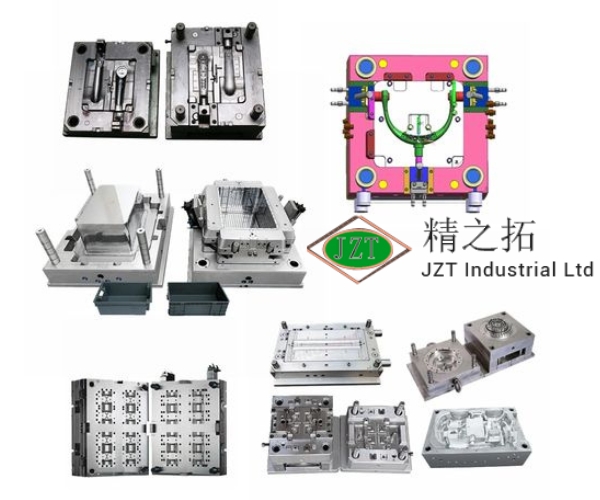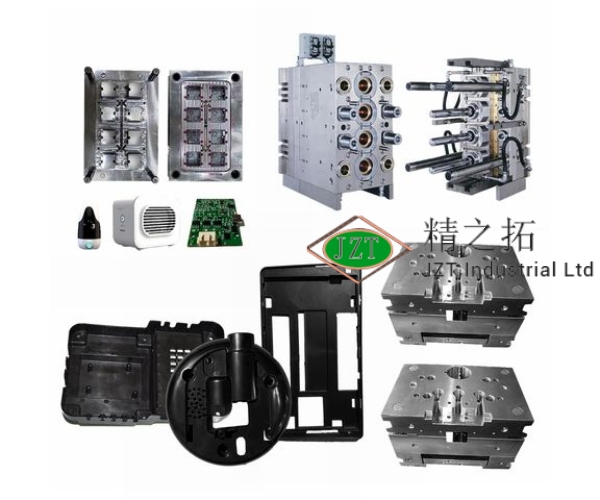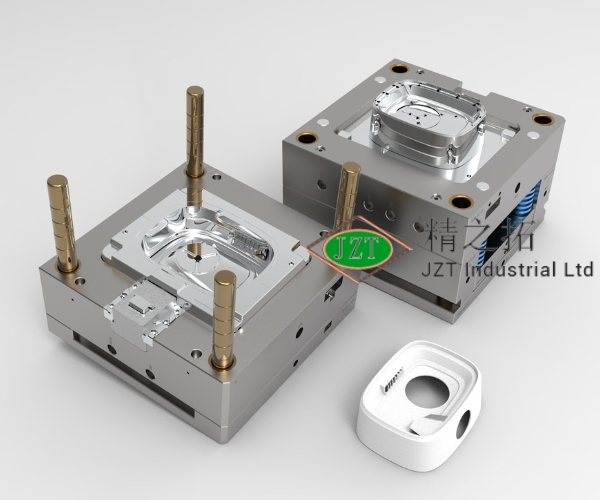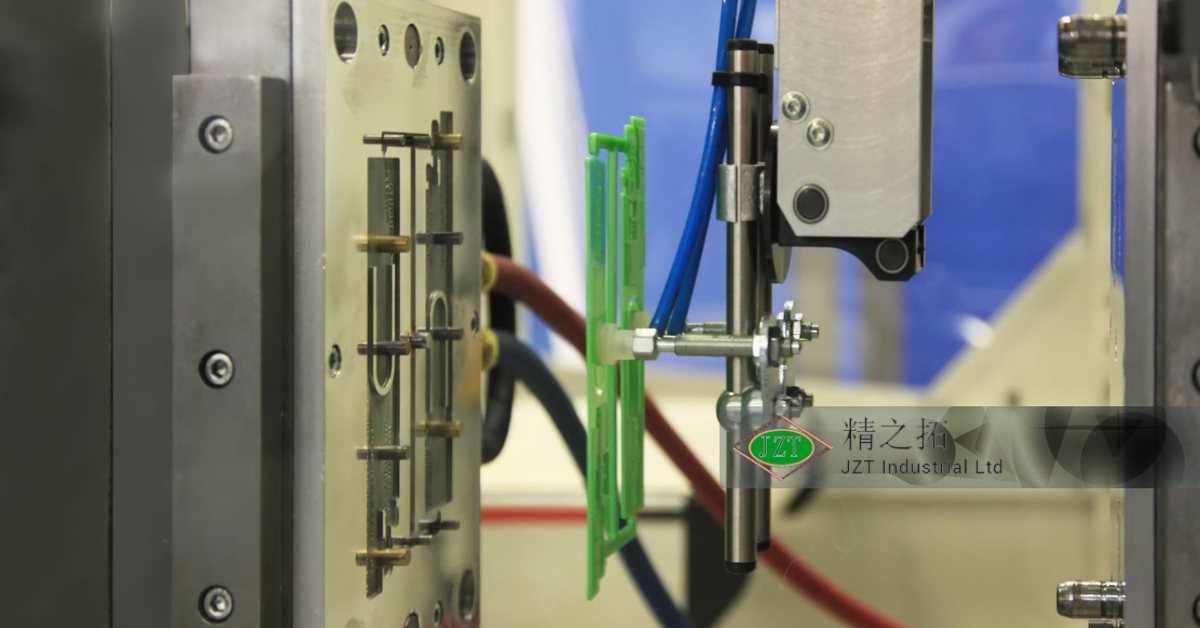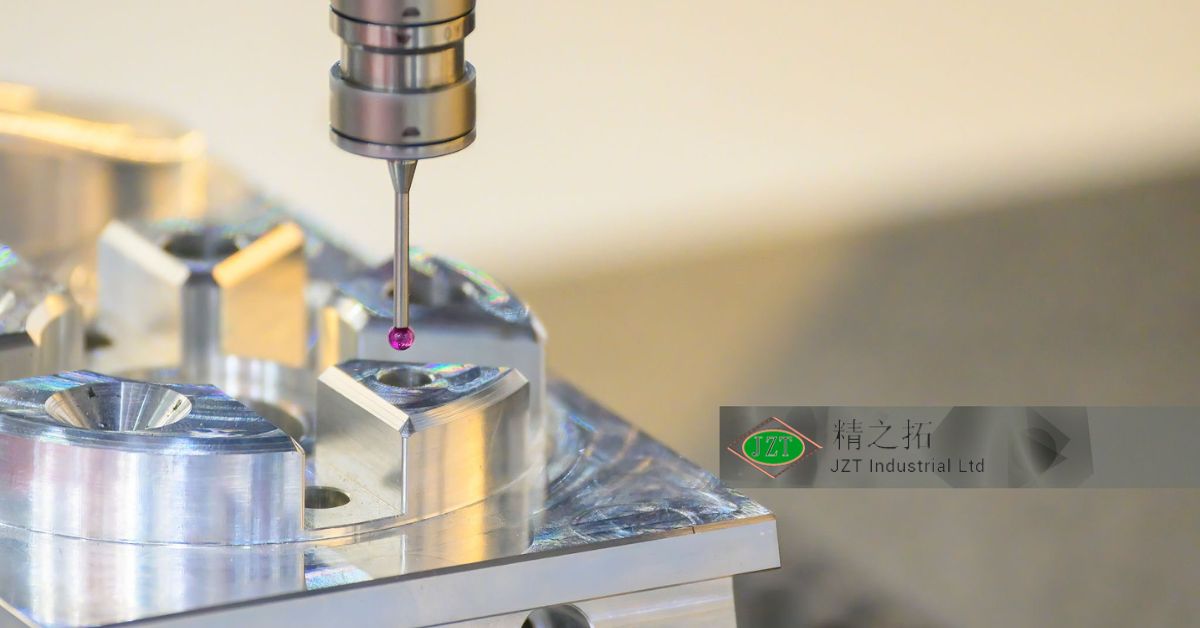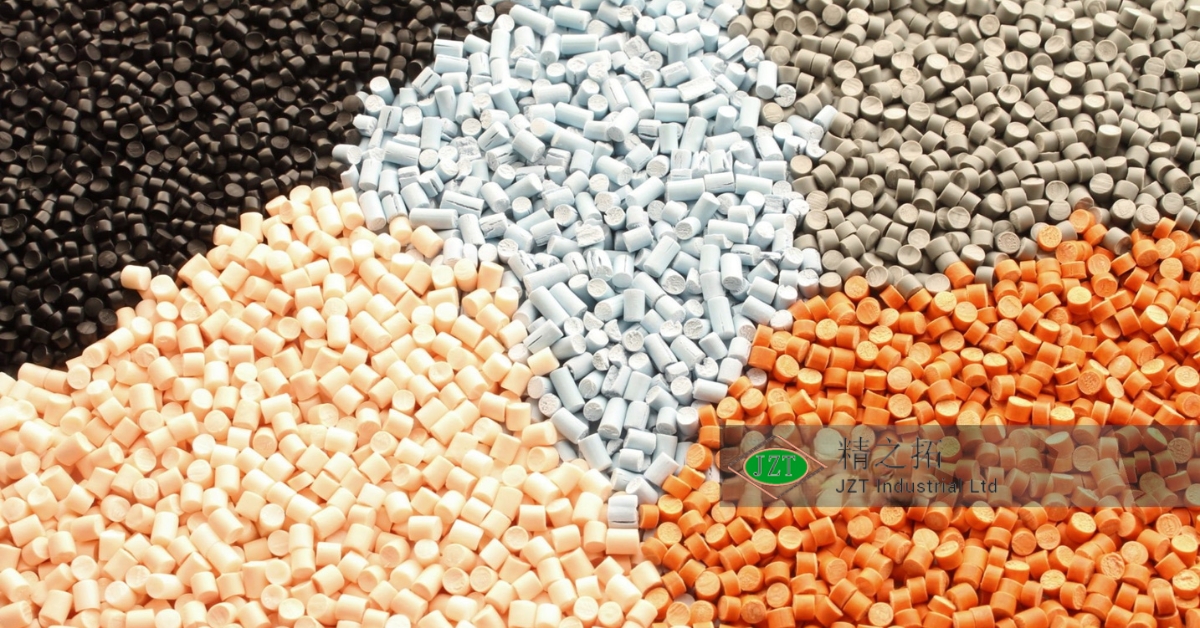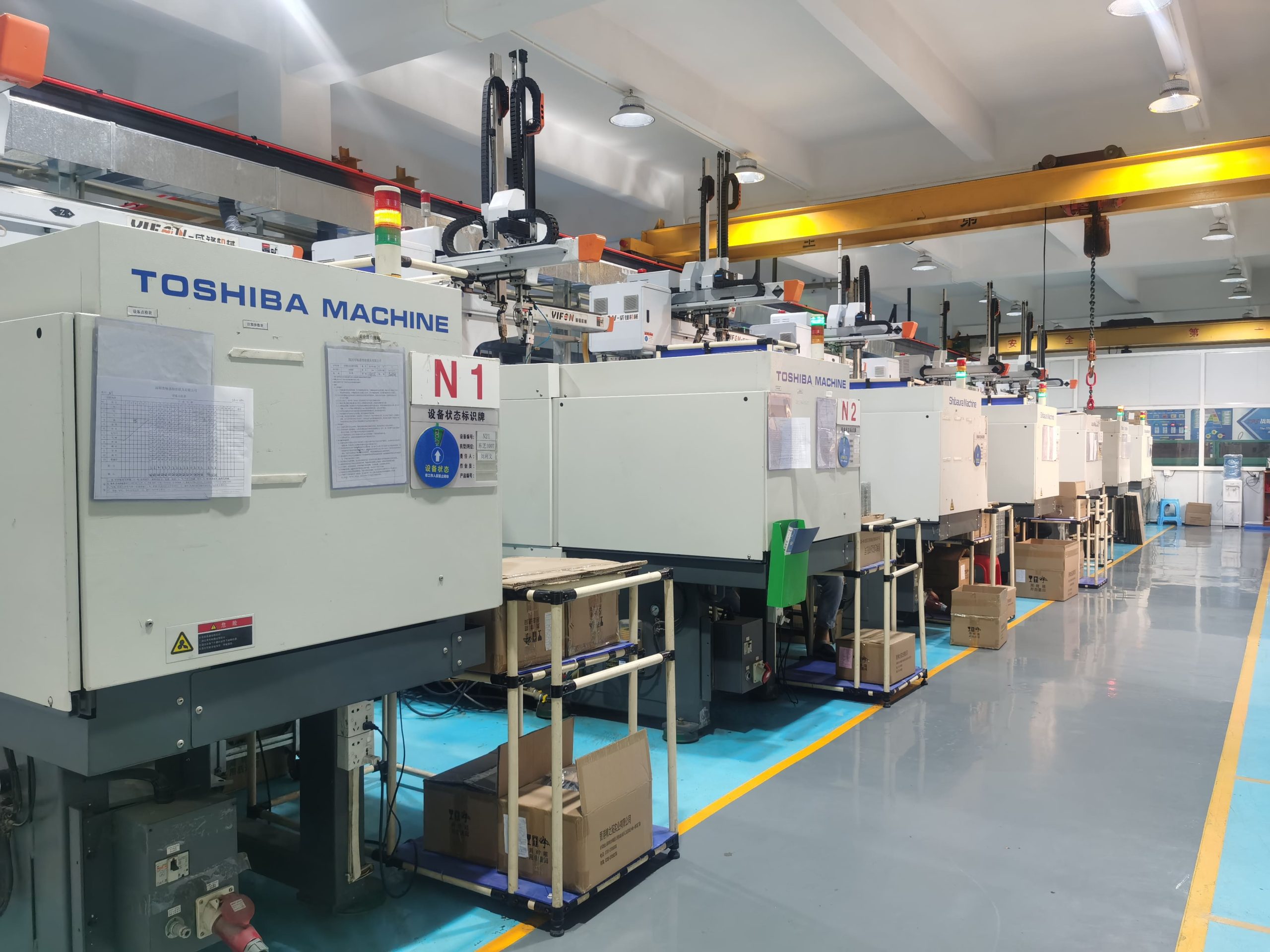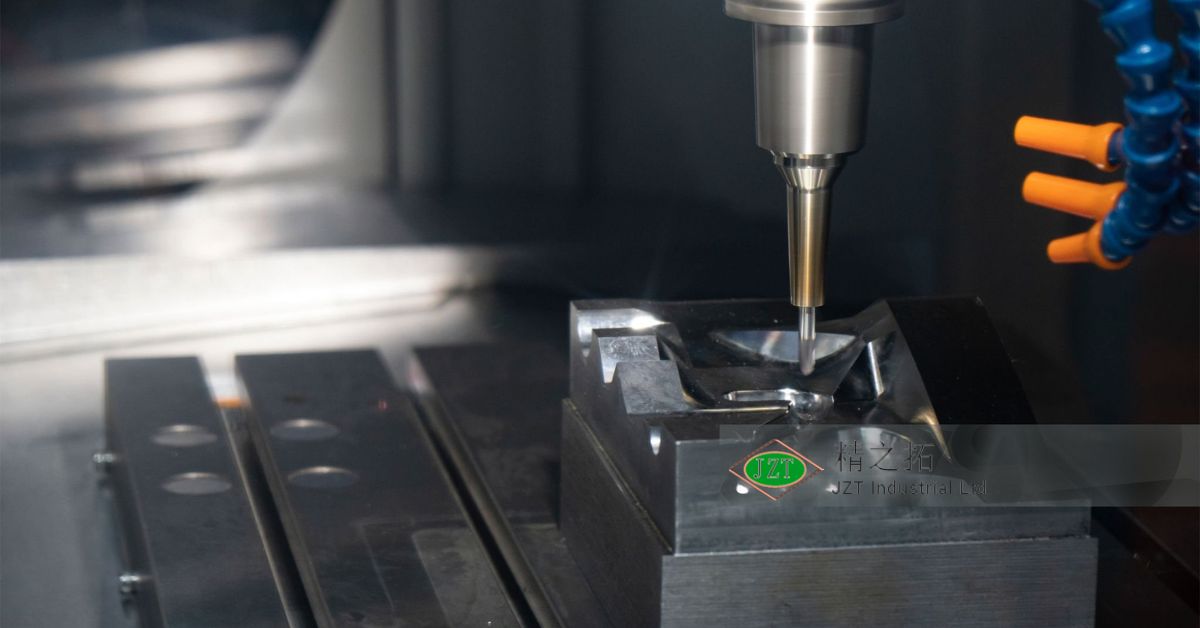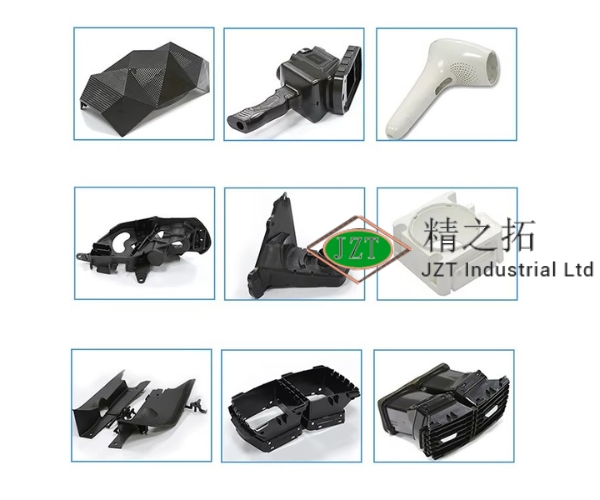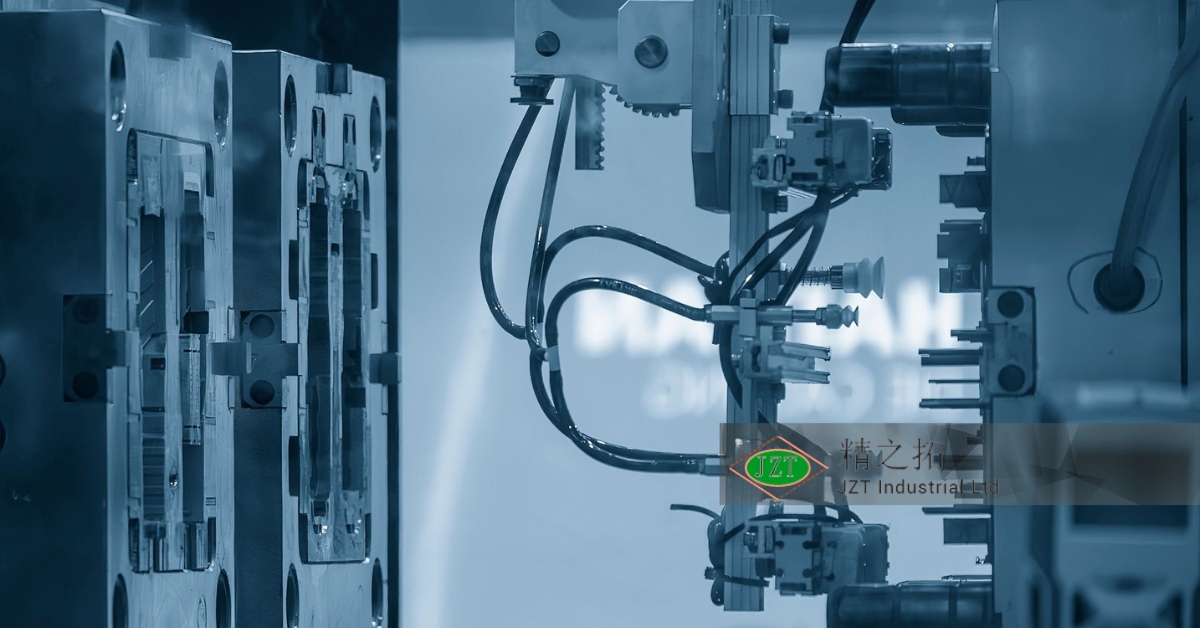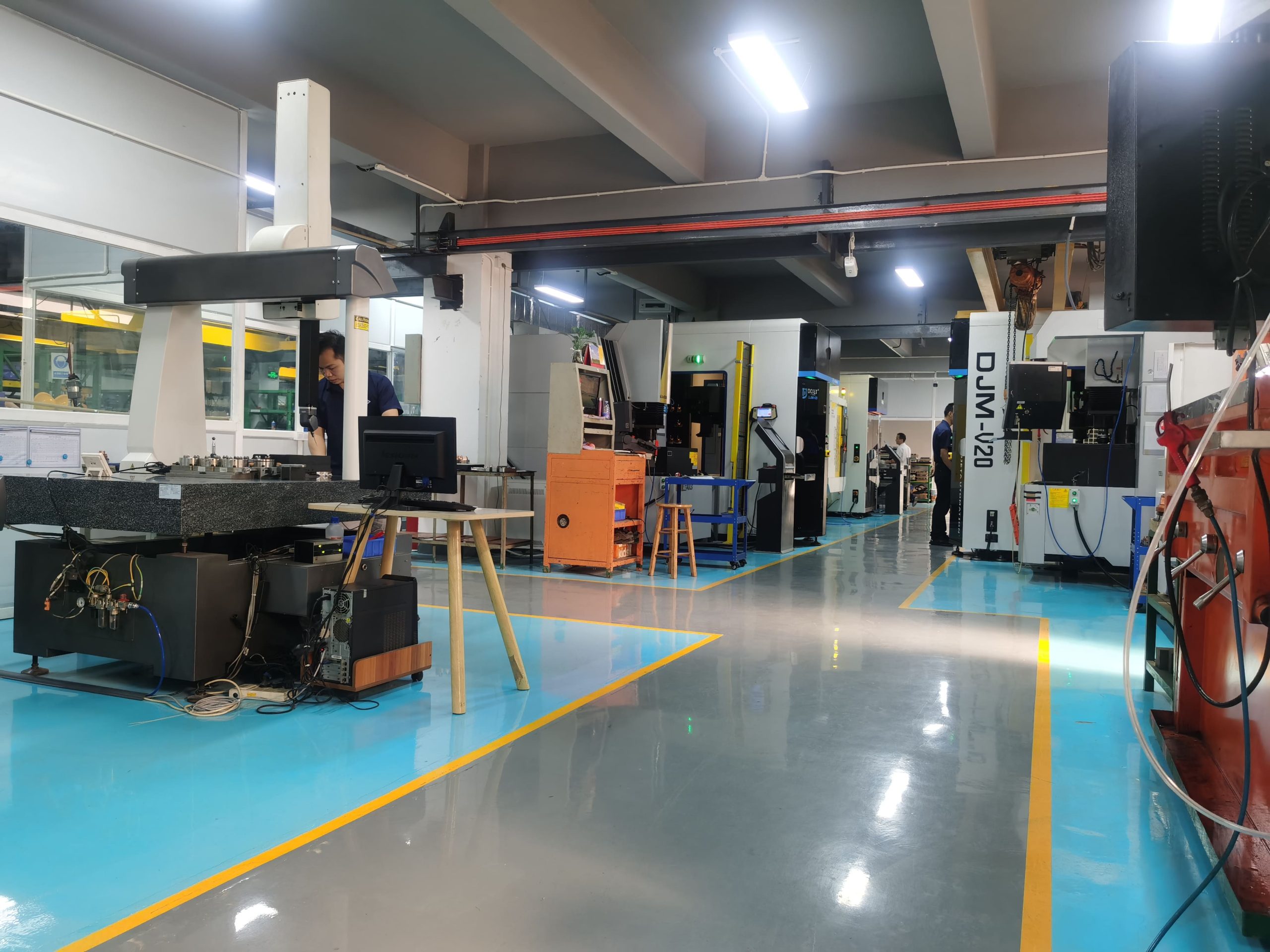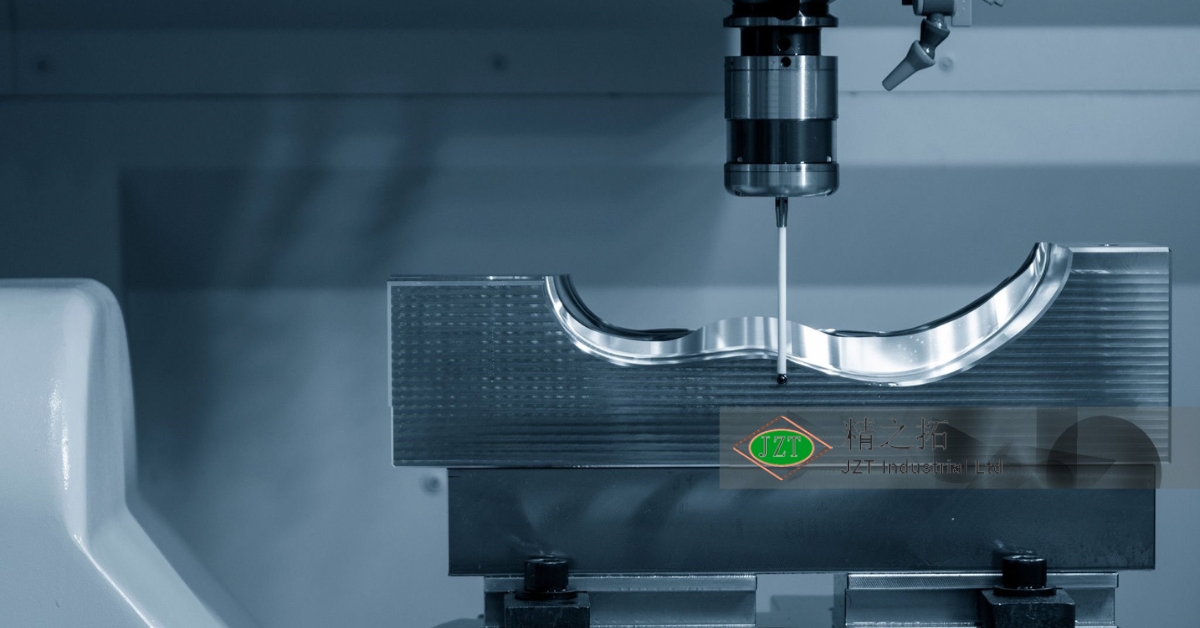Introduction
Why Certification Matters in Plastic Mold Manufacturing
In the world of manufacturing, where quality and precision are paramount, the choice of a manufacturer can make or break the success of a product. For industries like automotive, electronics, and medical devices, choosing a certified manufacturer is critical. Among the various certifications, IATF 16949 stands out as a global standard for quality management, particularly within the automotive industry. This certification sets stringent requirements for manufacturers, emphasizing defect prevention, consistency, and quality assurance. Working with an IATF 16949 certified plastic mold manufacturer provides a multitude of benefits, including higher reliability, quality consistency, and assurance that the production process meets the highest standards.
But what exactly does this certification entail, and why is it important when working with a plastic parts manufacturer? How does it impact the production of custom plastic parts? This comprehensive guide dives deep into the meaning of IATF 16949 certification, why it’s essential, and how it influences every step of the manufacturing process. By the end of this article, you’ll understand the certification’s core benefits and how working with an IATF-certified partner can optimize both quality and efficiency in your projects.
Understanding IATF 16949 Certification in Detail
IATF 16949 is an international standard that specifies the requirements for a quality management system (QMS) tailored specifically to the automotive sector. Developed by the International Automotive Task Force (IATF), it builds on the ISO 9001 standard, enhancing it with industry-specific requirements that focus on product safety, defect prevention, and supply chain efficiency. This certification is critical for manufacturers who work with Original Equipment Manufacturers (OEMs) and Tier 1 suppliers within the automotive industry, as it ensures that every product meets strict safety and quality standards.
The goal of IATF 16949 is to reduce waste and inefficiencies in the supply chain while ensuring consistency and quality across all manufacturing processes. By adhering to this standard, manufacturers demonstrate their commitment to high-quality production and a proactive approach to quality management, risk reduction, and continual improvement. This focus on quality and risk management is essential not only in automotive manufacturing but also in industries like electronics and medical manufacturing, where precision and reliability are equally crucial. While IATF 16949 was designed with the automotive sector in mind, its principles are widely applicable across industries, making it a valuable certification for any plastic mold manufacturer producing custom parts for high-precision applications.
For companies seeking reliable partners for plastic parts production, understanding the value of IATF 16949 is key. The certification ensures that the plastic injection molds used in production meet stringent criteria, reducing the likelihood of defects and ensuring that every part meets precise specifications. Working with a certified manufacturer can provide peace of mind, knowing that rigorous standards back every step of the production process.
Key Components of IATF 16949 Certification
The IATF 16949 standard encompasses several critical components that ensure the effectiveness of quality management in plastic mold manufacturing. Each of these components works together to create a comprehensive system for managing quality and reducing defects, making certified manufacturers some of the most reliable partners in the industry.
1. Quality Management System (QMS)
At the core of IATF 16949 is a robust Quality Management System (QMS). This system ensures that manufacturers implement structured processes for planning, production, and quality control, guaranteeing that each product meets the required standards. A certified QMS demonstrates that the manufacturer is committed to consistency and quality, vital for clients relying on high-precision plastic parts.
2. Risk Management
Risk management is another fundamental component, requiring manufacturers to identify and mitigate potential issues before they impact the production line. From analyzing potential defect risks to ensuring the stability of supply chains, risk management processes are embedded throughout every step of production. By proactively managing risks, certified manufacturers can prevent defects and minimize disruptions in delivery schedules, ensuring a smooth and reliable production process.
3. Continuous Improvement
IATF 16949 places a strong emphasis on continuous improvement, a process of regularly evaluating and enhancing production practices. Through ongoing improvements, manufacturers can maintain a competitive edge and adapt to changing client needs. Certified manufacturers conduct regular audits and assessments to identify improvement opportunities, ensuring that quality standards evolve alongside industry advancements.
4. Defect Prevention and Waste Reduction
One of the primary goals of IATF 16949 is defect prevention. Manufacturers with this certification follow stringent procedures to minimize defects in their plastic injection molds and parts. By prioritizing defect prevention, manufacturers can reduce waste, streamline production, and deliver more consistent results to their clients. This commitment to quality is crucial in industries where defective parts can lead to costly recalls or safety risks.
5. Traceability and Documentation
Accurate documentation and traceability are crucial for accountability, especially in industries with strict regulatory requirements. IATF 16949-certified manufacturers maintain detailed records of each production step, ensuring complete traceability for every batch produced. This documentation serves as a record of quality, allowing clients to review the production history and confirm that each component meets the necessary standards.
With these components in place, an IATF 16949 certified plastic mold manufacturer can offer a higher level of quality and reliability, making them a valuable partner for clients across various industries.
Benefits of Working with an IATF 16949 Certified Plastic Mold Manufacturer
Choosing to work with an IATF 16949 certified plastic parts manufacturer offers significant benefits, particularly for clients in industries that demand high quality and reliability. Here are some of the key advantages:
Higher Product Quality and Consistency
IATF 16949 certification ensures that every plastic part produced by a certified manufacturer meets stringent quality standards. This means that each part is crafted with precision and consistency, reducing the risk of variability in production. For clients, this level of consistency is crucial as it minimizes the chances of part failure or defects, ultimately leading to greater customer satisfaction.
Improved Supplier Reliability
Working with a certified manufacturer often results in improved supplier reliability. These manufacturers implement strict quality controls, ensuring that each product meets specifications. This reliability translates to fewer disruptions in the supply chain, helping clients maintain efficient production schedules and reduce costly delays.
Reduced Defects and Returns
With a focus on defect prevention and quality assurance, IATF-certified manufacturers experience fewer product defects and returns. This not only enhances the client’s reputation by reducing recalls but also lowers long-term costs by minimizing waste. Reduced defects mean clients can rely on products that meet high standards, ensuring end-users receive safe and effective parts.
Enhanced Communication and Transparency
Certified manufacturers prioritize clear and transparent communication throughout the production process. Clients benefit from regular updates, clear documentation, and easy access to important information. This open communication helps build trust between the manufacturer and the client, fostering a collaborative relationship that makes it easier to address concerns and make adjustments as needed.
Cost Savings in the Long Run
While working with an IATF-certified manufacturer may require a slightly higher initial investment, the long-term benefits often outweigh the costs. Reduced defects, enhanced reliability, and minimized delays translate to significant cost savings over time. By partnering with a certified manufacturer, clients can optimize their production processes and reduce the financial risks associated with defects, recalls, and supply chain disruptions.
These benefits make IATF 16949 certified plastic mold manufacturers ideal partners for clients who prioritize quality, efficiency, and long-term value.
Process Requirements for IATF 16949-Certified Manufacturers
To maintain their certification, IATF 16949-certified manufacturers adhere to specific process requirements that help ensure quality and consistency. These requirements cover every stage of production, from planning to final quality checks, and play a critical role in producing reliable, high-quality plastic molds.
Planning and Design Phases
The planning and design phases are crucial for setting up a successful production line. Certified manufacturers conduct thorough design reviews and control processes, ensuring that each mold design meets client specifications. This phase includes risk assessments, feasibility studies, and detailed design evaluations to prevent issues before production begins.
Manufacturing Process Control
Process control is a core component of IATF 16949, requiring manufacturers to standardize and monitor each step of the production process. By using tools like statistical process control (SPC) and implementing clear operating procedures, certified manufacturers maintain a high level of quality control. This ensures that every mold produced meets the client’s requirements, providing a consistent outcome across production runs.
Testing and Quality Checks
Quality checks and testing are integral to maintaining IATF 16949 standards. Certified manufacturers implement rigorous inspections, including visual checks and non-destructive testing (NDT) methods, to verify that each product meets safety and quality requirements. Regular testing helps identify and address any issues early in production, preventing defective parts from reaching the market.
Feedback and Corrective Actions
Certified manufacturers use customer feedback to continuously improve their processes. If an issue arises, they conduct a root-cause analysis to determine the source and implement corrective actions to prevent recurrence. This approach ensures that manufacturers address any quality concerns promptly and effectively, improving overall product quality.
Through these carefully controlled processes, IATF 16949-certified manufacturers deliver reliable, high-quality products that meet the needs of their clients.
Compliance with Automotive Industry Standards and Client Expectations
In the automotive industry, quality and compliance with OEM standards are paramount. IATF 16949 certification ensures that manufacturers meet these expectations, aligning their processes with the stringent requirements of automotive clients. Here’s how certified manufacturers address industry standards and client-specific needs:
Meeting OEM and Tier Supplier Requirements
Automotive Original Equipment Manufacturers (OEMs) and Tier suppliers have strict requirements for quality and consistency. IATF 16949-certified manufacturers are equipped to meet these demands, ensuring that each component adheres to the required specifications. This compliance is critical for clients who need reliable parts that integrate seamlessly into automotive assemblies.
Addressing Customer-Specific Requirements (CSR)
In addition to meeting general industry standards, certified manufacturers are skilled at addressing customer-specific requirements (CSR). This involves customizing parts to meet unique specifications, ensuring that each product aligns with the client’s design and performance goals. By tailoring products to meet specific needs, certified manufacturers can deliver more value to their clients.
Documentation and Record Keeping for Compliance
One of the hallmarks of IATF 16949 certification is thorough documentation. Certified manufacturers maintain detailed records of each production step, providing clients with a clear view of the process and ensuring compliance with industry regulations. This documentation is essential for traceability, allowing clients to review the production history and verify that each component meets the required standards.
By prioritizing compliance with both industry and client expectations, IATF-certified manufacturers establish themselves as reliable partners capable of meeting the highest standards in quality and performance.
FAQ Section
- What is the difference between IATF 16949 and ISO 9001?
- IATF 16949 builds on ISO 9001 by adding specific requirements for the automotive industry, such as defect prevention and supply chain efficiency, making it more specialized.
- How does IATF 16949 certification impact lead times?
- While initial planning may take longer, IATF 16949 certification can reduce lead times overall by minimizing defects and ensuring a reliable, streamlined production process.
- Can non-automotive manufacturers benefit from IATF 16949 certification?
- Yes, while designed for automotive, IATF 16949’s principles of quality control and defect prevention are valuable across industries, including electronics and medical devices.
- What specific documentation is required by IATF 16949?
- Required documentation includes process flowcharts, control plans, and production records, ensuring traceability and accountability at every stage.
- How often do certified manufacturers undergo audits?
- Certified manufacturers typically undergo annual audits to verify compliance with IATF 16949 standards, ensuring ongoing adherence to quality requirements.
Conclusion and Final Thoughts
Working with an IATF 16949 certified plastic mold manufacturer offers a multitude of benefits, from higher product quality to reduced defects and reliable delivery schedules. This certification not only sets manufacturers apart but also provides clients with the assurance of consistent, high-quality production backed by rigorous standards. By choosing a certified manufacturer, companies can streamline their production processes, reduce long-term costs, and build trust with their partners. For those seeking reliable, high-quality custom plastic parts, partnering with an IATF 16949 certified manufacturer is a decision that delivers value in every product produced.
If you’re ready to take the next step in quality assurance, reach out to our team to discuss how we can meet your project needs with our certified expertise.

